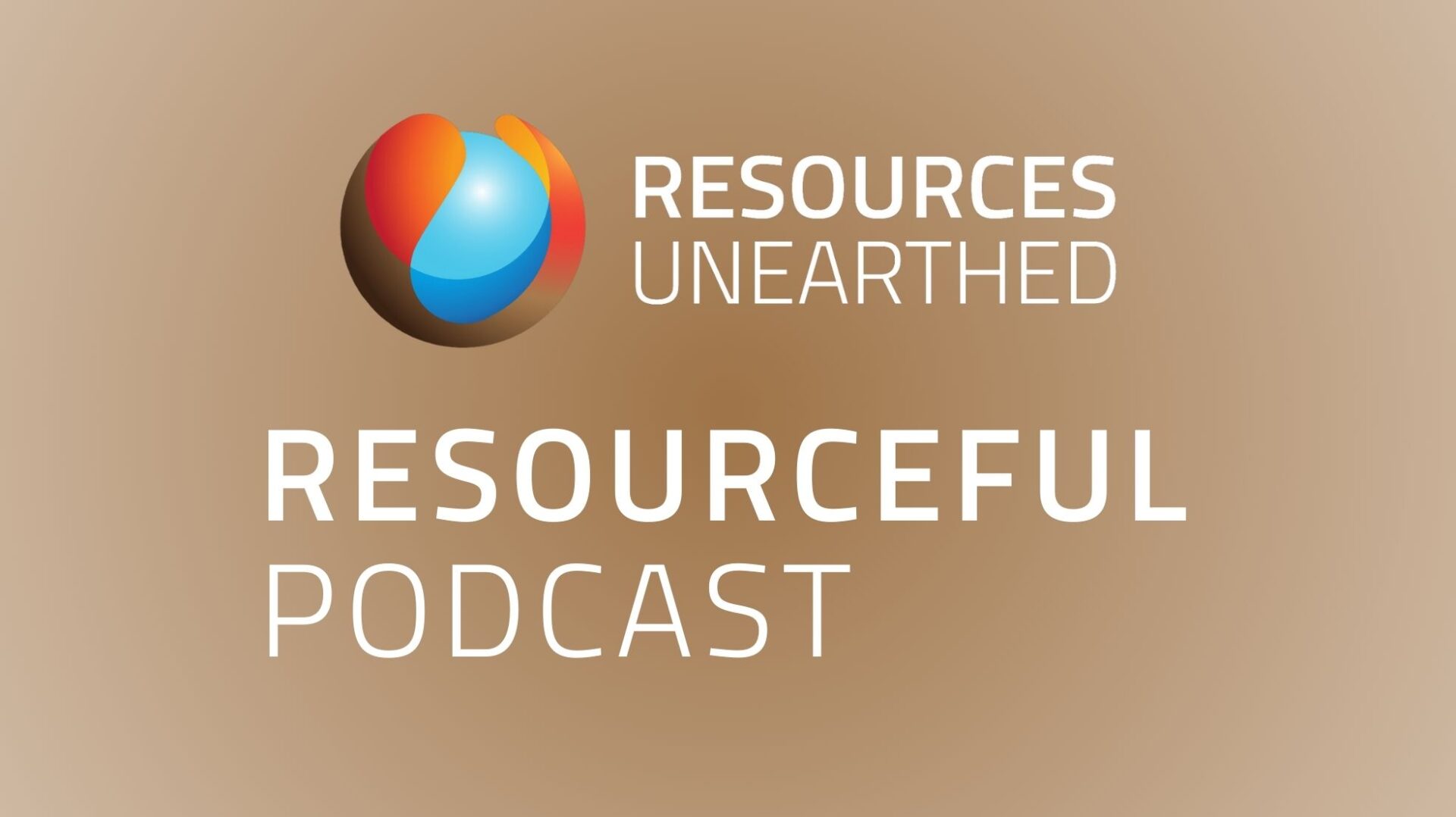When it comes to running a business, one of the most crucial yet often overlooked components is planning for the future, specifically the eventual sale or succession of your business. Brett Cribb, Managing Director and Founder of Resources Unearthed, has dedicated years to helping business owners navigate this important transition. In this episode Brett, along with experienced advisors Craig Barry from William Buck Queensland, Craig Hong from Hill House Legal Partners, and James Marshall from Stratus Financial Group, discuss the nuances of business succession planning. Here, we’ll explore their valuable insights on preparing your business for a successful handover.
Understanding Business Succession
Business succession planning isn’t just about finding a successor or selling the business; it’s a holistic process that involves long-term planning, structuring, and preparation. Craig Barry emphasises the importance of getting involved early. “Think of succession as a journey rather than a single transaction,” he advises. Early planning allows for a smoother transition and reduces the risks associated with sudden changes.
Key Elements of Succession Planning:
Team Collaboration
Craig Hong notes that a crucial part of your approach is assembling a dedicated team early in the process. “Everyone needs to be on the same page. By getting a team together, you ensure a unified strategy towards succession,” he adds. This team typically includes financial advisors, accountants, and legal professionals who can guide you through the intricate details of business succession.
Financial Planning
James Marshall highlights the intersection between business succession and personal financial planning. “It’s vital to consider both aspects as they often intertwine. We frequently see business owners neglect the personal financial planning piece, which can have significant implications during succession,” says Marshall.
Structuring the Business
One of the primary considerations in business succession is the structure of the business. According to Craig Barry, the right structure can significantly impact the outcome of a business sale. A family trust or sole trader structure might not be ideal for attracting new shareholders or outside buyers. “A corporate structure is often more appropriate for succession, particularly for bringing in external investors or internal shareholders,” Barry advises.
Internal vs. External Succession
For many business owners, promoting current employees or family members to leadership positions is a preferred route. However, this requires careful documentation and role clarity. “Ensure everyone understands their role and responsibilities,” suggests Craig Barry. Internal succession can be more relationship-based, requiring discussions to ensure alignment with the successor’s vision.
External Succession
External succession brings different challenges and opportunities. “Cultural fit and mutual respect are essential when bringing in an external party,” says Barry. External buyers may require more thorough due diligence and may negotiate more aggressively. Craig Hong points out that external buyers often seek more comprehensive warranties and might expect earn-out clauses to mitigate risk.
Tax and Legal Considerations
Tax implications play a significant role in succession planning. Craig Barry outlines the importance of understanding Capital Gains Tax (CGT) exposure and potential concessions for small businesses. “Eligibility for small business CGT concessions can result in significantly reducing the tax burden on the sale,” he explains.
Legal frameworks also need to be robust. Employment agreements, contracts, and compliance with regulatory requirements can’t be overlooked. “Modernising and documenting every aspect of the business is crucial,” advises Craig Hong. This not only makes the business more attractive to buyers but can also enhance its performance.
Planning for Family Involvement
When family members are involved, additional layers of complexity arise. “It’s important to balance family considerations and ensure equity among members,” Hong remarks. This could involve discussing estate planning and structuring the handover to minimise conflicts.
Effective business succession planning is a multifaceted process that requires foresight, collaboration, and professional guidance. By preparing well in advance, business owners can ensure a seamless transition and continued prosperity for their business. Brett Cribb and his panel of experts underscore that with the right approach, business succession doesn’t have to be daunting. Instead, it can be a strategic move that secures your legacy and sets up the next generation for success.
Get in touch
For those looking to explore the intricacies of business succession planning, Brett and his team are available for further consultation.
Brett & James: https://www.resourcesunearthed.com.au/
Craig Barry: https://williambuck.com/
Craig Hong: https://hillhouse.com.au/
TIMESTAMPS:
00:00 Introduction
00:22 Meet the Expert Advisors
01:00 Common Business Succession Questions
01:29 Understanding Business Succession Stages
02:25 Financial Planning in Business Succession
03:27 Small Business CGT Concessions
06:13 Ownership Structures and Succession Planning
11:26 Preparing for a Business Sale
18:19 Internal Succession and Family Businesses
21:02 Practical Issues in Succession Planning
21:18 Internal vs External Talent Pool
21:38 Cultural Fit and Internal Expectations
22:25 Financial Considerations for Internal and External Candidates
22:54 Due Diligence and Risk Management
23:45 Family Dynamics in Business Succession
26:13 Tax Considerations in Succession Planning
30:20 Valuation and Business Worth
32:56 Adapting to Business Growth
35:18 Conclusion


